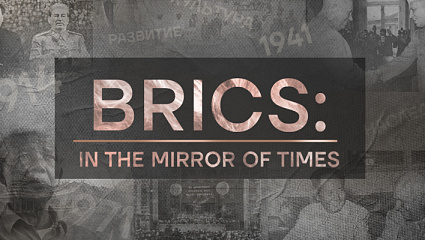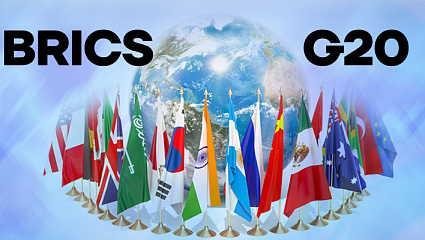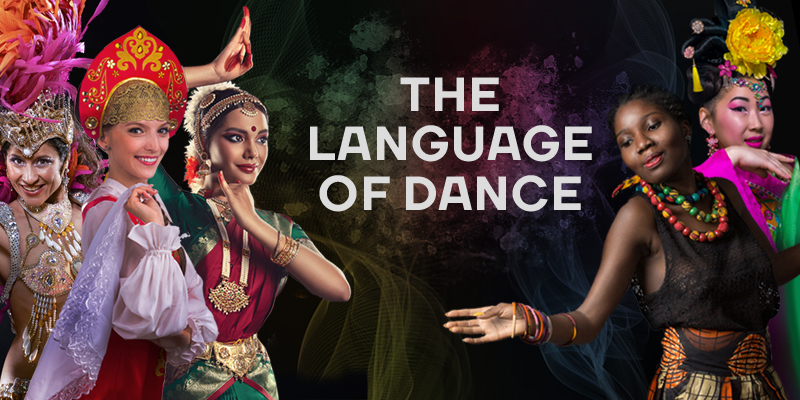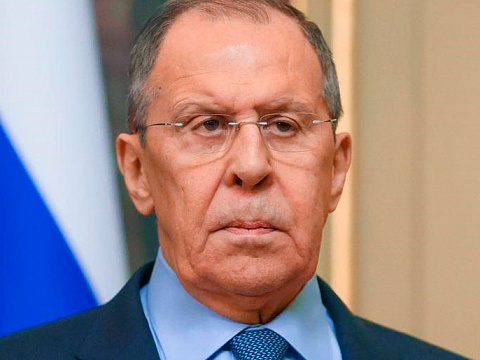Mind your masks! Wrong option may be worse than no mask: study
By evaluating different kinds of face masks' efficacy in preventing the spread of COVID-19, researchers found that neck gaiters perform the worst while N95 respirators, surgical masks and homemade cloth masks are better choices, according to a recent study published in the scientific journal Science Advances.
The order of mandatory use of face masks in public places has been in place in many countries to contain the COVID-19 pandemic. Due to a global shortage of mask supplies, however, many have to choose homemade masks or mask alternatives for personal protection.
Researchers from Duke University conducted experiments to check how different masks function in reducing the transmission of respiratory droplets during regular speech.
In the experiments, a laser beam was positioned in a dark box to illuminate speakers' respiratory droplets when they spoke through a hole into the box. A camera on the other end of the box was capturing video of those droplets flying over simultaneously.
A total of 14 common face coverings were tested and a computer algorithm was employed to count the number of visible particles in the videos. The results are as follows.
Neck gaiters, usually seen with those running outdoors, performed the worst in the study, because they produced even more particles than when people speak with no face covering at all.
Martin Fischer, one of the study's authors, said the main reason could be that neck gaiters' textile breaks big particles into smaller ones, which tend to hang around for a longer time and get carried away easier in the air. So wearing a neck gaiter might be counterproductive.
Bandanas, handkerchiefs, and fleece balaclavas offered very little protection. Meanwhile N95 respirators are the best option, and disposable surgical masks made of plastic-derived material are the second best option, according to the study.
Masks made of two layers of cotton and one layer of synthetic material are the third best option and can remove most droplets, said the study.
It suggested that the best choice for the average person is to wear either a surgical mask or a homemade cotton mask with multiple layers.
TV BRICS reports with reference to Xinhua News Agency
Photo: pixabay.com







 DIGITAL WORLD
DIGITAL WORLD





































